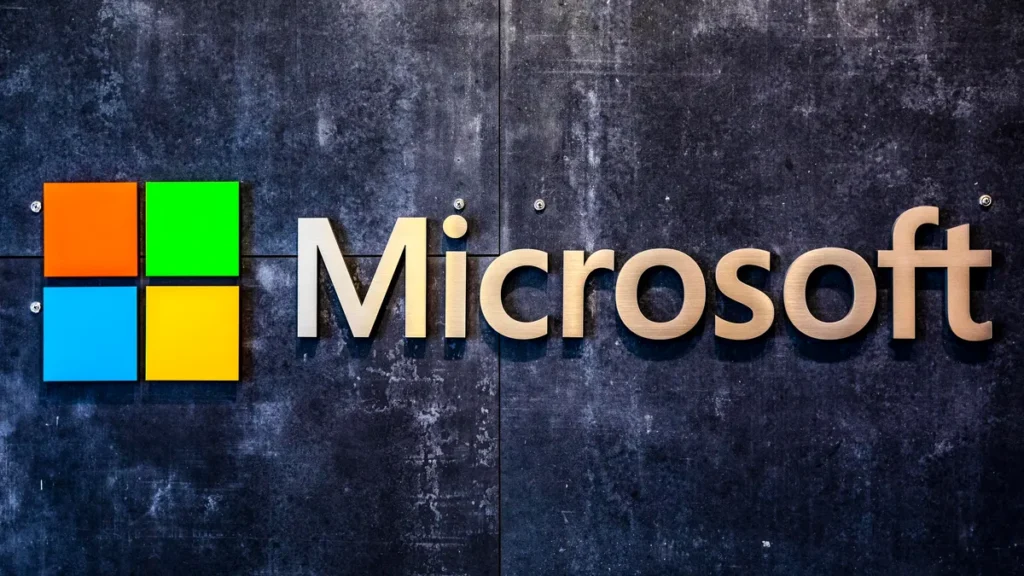AI is revolutionizing industries — and unfortunately, it’s also supercharging cybercrime. Microsoft’s latest Cyber Signals report reveals that AI-powered scams are spreading faster and becoming more sophisticated, making fraud easier for criminals at every level.
In the past year alone, Microsoft claims to have blocked $4 billion worth of fraud attempts, preventing around 1.6 million bot sign-ups per hour. These staggering numbers highlight a growing threat that demands serious attention from businesses and consumers alike.
How AI Is Transforming Cybercrime
According to the report, titled “AI-powered deception: Emerging fraud threats and countermeasures,” generative AI tools have significantly lowered the barrier to entry for cybercriminals. What once took days or weeks to craft can now be built in mere minutes.
Some key tactics include:
- AI-generated fake product reviews and storefronts that mimic legitimate businesses
- Scraping company information to fuel targeted social engineering attacks
- Sophisticated AI-powered phishing emails that are harder to distinguish from genuine communication
Microsoft’s Corporate Vice President of Anti-Fraud and Product Abuse, Kelly Bissell, describes cybercrime as a “trillion-dollar problem” that’s been worsening every year — and AI is accelerating it.
E-Commerce and Employment Scams on the Rise
Two major fraud trends have emerged:
- Fake e-commerce sites: Scammers use AI to rapidly spin up fraudulent websites, complete with realistic product descriptions, doctored customer reviews, and even AI-driven customer service bots to delay refunds or chargebacks.
- Fake job recruitment scams: AI allows criminals to quickly produce fake job listings, create realistic-seeming recruiter profiles, and automate phishing campaigns targeting job seekers. Scammers often ask for sensitive personal or financial information under the guise of employment verification.
Warning signs include unsolicited job offers, requests for upfront payments, and recruiters insisting on informal communication channels like WhatsApp or text messages.
How Microsoft Is Fighting Back
Microsoft has rolled out several new countermeasures, including:
- Microsoft Defender for Cloud for threat protection
- Deep learning technology in Microsoft Edge to detect phishing and impersonation
- Enhanced Quick Assist warnings to prevent tech support scams
- Fraud-resistant design mandates across all new Microsoft products through its Secure Future Initiative
On average, Microsoft now blocks 4,415 suspicious Quick Assist connection attempts daily, showing its commitment to closing security gaps early.
Staying Safe in the Age of AI Fraud
While Microsoft’s tools offer strong defenses, consumer vigilance remains crucial. Tips for protection include:
- Be wary of urgent or emotionally manipulative messages
- Verify website authenticity before making any purchases
- Never send personal or banking information through unverified channels
- Businesses should deploy multi-factor authentication and invest in deepfake detection technologies
As AI continues to advance, staying informed and cautious is more important than ever.






